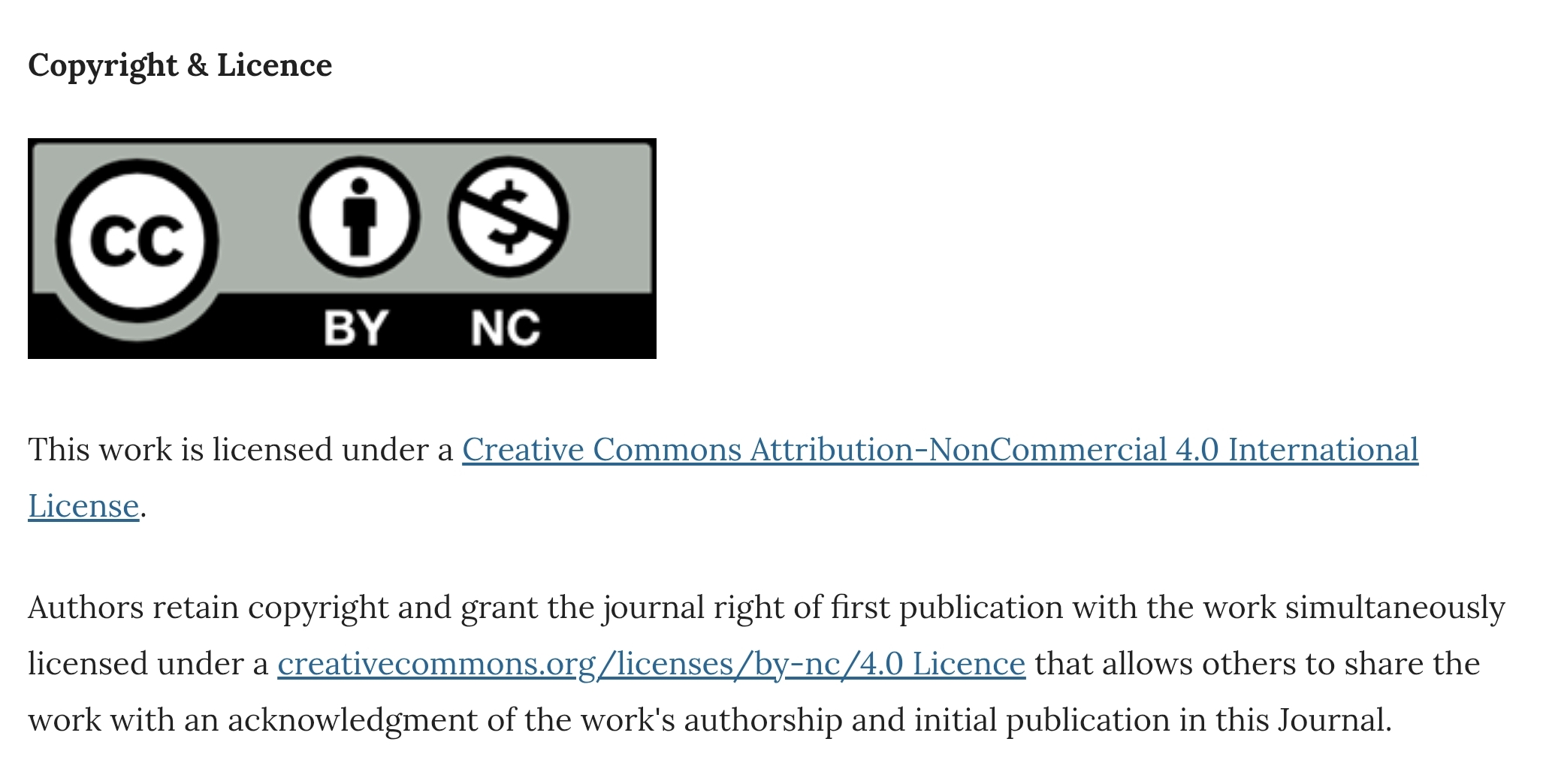Development and Preliminary validation of a screening tool for Specific learning disorder in children
DOI:
https://doi.org/10.30834/KJP.32.1.2019.176Keywords:
Specific learning disability,Validation,Specific learning disorder,Screening toolAbstract
Background: Delay in early diagnosis of Specific learning disorder (SLD) is influenced by various factors, including the lack of simple yet validated tools for assessment.
Objective: We aimed to develop and validate a screening questionnaire in English and Malayalam for SLD in children aged 7-11 years, which can be used easily. This paper deals with the initial development and preliminary validation of the tool, which was subsequently validated in a larger sample and had already been published.
Materials and methods: The tool was validated using a case-control methodology. It was developed after ensuring face and content validity, and suitable modifications were done based on the internal consistency measure and factor analysis results. The tool was applied in children with SLD and two groups of controls. ROC curve analysis was done to find the optimum cut-off, and validity parameters were estimated.
Results: A total of 21 SLD, 42 normal and 37 borderline intelligence children, were studied. The final tool with 26 items had good Cronbach’s alpha (0.95) and area under the curve values (0.96). The tool had good sensitivity (100 %) and specificity (77.2%), i.e., if the score is <10, we can rule out SLD.
Conclusions: We propose a new screening tool for SLD with promising reliability and validity characteristics that need to be evaluated further.
Downloads
References
Rights of Persons with Disabilities (RPWD) Act, 2016. National Centre for Promotion of Employment for disabled people [Internet]. Ncpedp.org. 2018. Available from: https://www.ncpedp.org/sites/all/themes/marinelli/documents/Rights of Persons with Disabilities (RPWD) Act 2016.pdf [Last accessed on 2019Apr 09].
Vidyadharan V, Tharayil HM, George B. Validation of a screening tool for learning disorder in children. Indian J Psychol Med 2017;39:737-40.
American Psychiatric Association, Diagnostic and Statistical Manual of Mental Disorders, 5thEdition. Washington, DC American Psychiatric Association 2013.
Shah N, Bhat T. Clinical practice guidelines for the specific learning disorders. Indian J Psychiatry. 2009; 51:68–95.
Kapur M, John A, Rozario J, Oommen A, Uma H. NIMHANS index of specific learning disabilities. In: Uma Hirisave, Anna Oommen, Malavika Kapur, editors. Psychological assessment of children in the clinical setting, 3rd edition. Bangalore:2011 pp 61-7.
John P, Rajeev KJS. School mental health. Cochin: Peejays child guidance clinic, in collaboration with WHO, 89 p.
World Health Organisation. Process of translation and adaptation of instruments. Retrieved January 5, 2019, from https://www.who.int/substance_abuse/research_tools/translation/en/
Downloads
Published
How to Cite
Issue
Section
License
Copyright (c) 2019 Kerala Journal of Psychiatry

This work is licensed under a Creative Commons Attribution-NonCommercial 4.0 International License.











